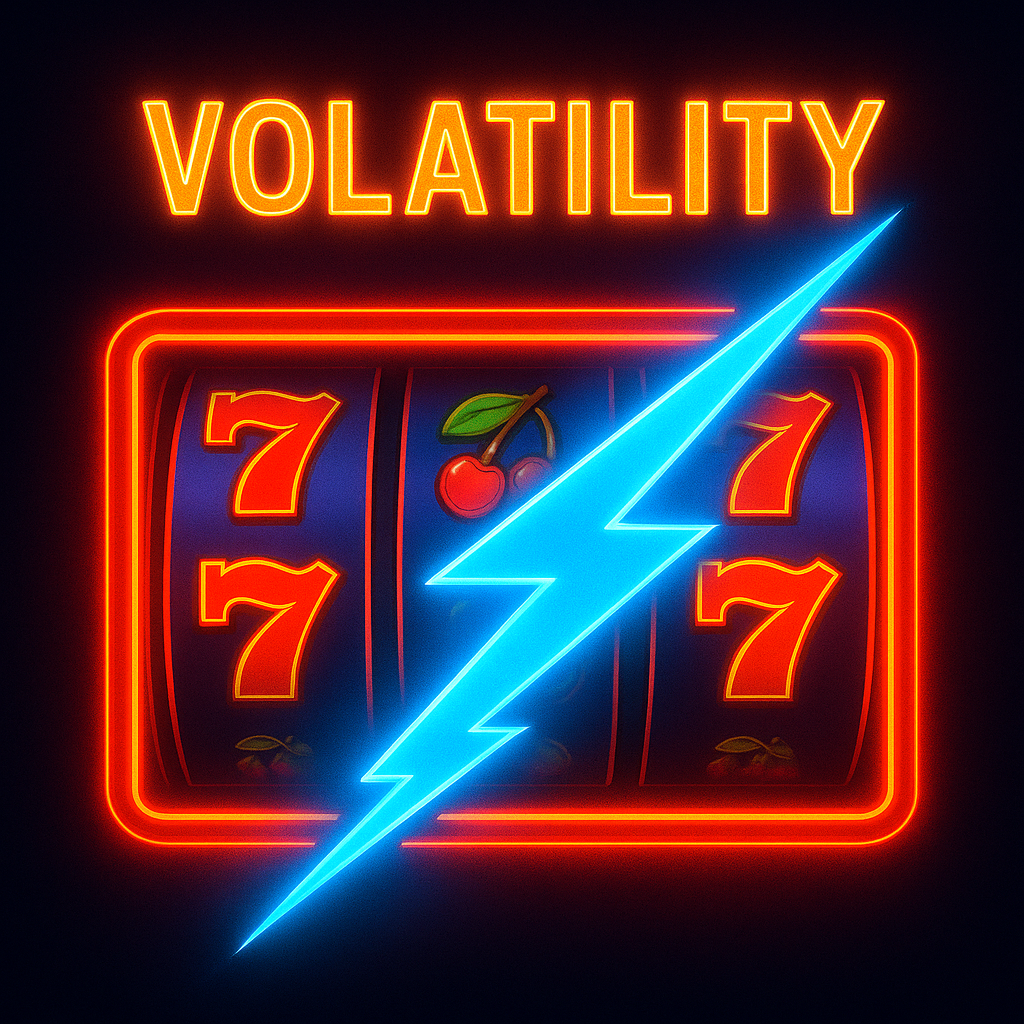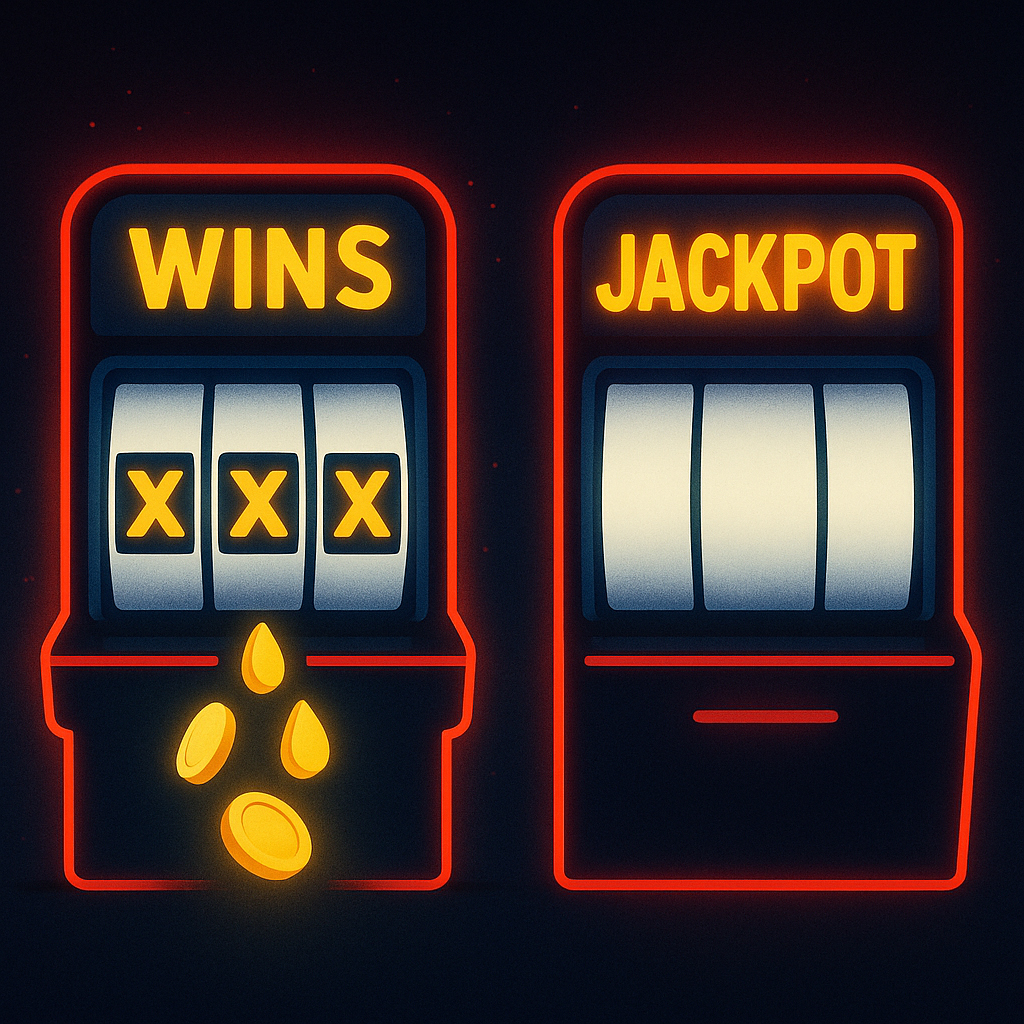
Slot Psychology: Volatility and Reward Schedules
- Different Risk Profiles, some slots drip small wins, others wait for big ones.
- The Psychology of Randomness, unpredictable rewards keep players hooked.
- Same RTP, Different Journey. Volatility changes the ride, not the maths.
Volatility and Reward Schedules: Why Unpredictable Wins Are So Addictive
When you sit down at a £500 jackpot slot in a UK arcade or betting shop, one of the first things you’ll notice is how differently games behave. Some machines seem to pay out small wins frequently, while others hold onto your money for ages before suddenly dropping a big feature. This balance is known as volatility, and it’s a key part of what makes slots so compelling.
Volatility describes the risk profile of a slot machine:
-
Low-volatility slots pay out smaller amounts more often. You might see regular £1 or £2 wins that keep your balance ticking over, even if the top jackpot feels far away.
-
High-volatility slots are the opposite. They can go cold for long stretches, but when they do hit, the payouts are often much larger — sometimes the full £500 jackpot or a big feature trail.
Both types of games appeal to different kinds of players. Some people prefer the steady pace of low-volatility machines, where the experience feels less risky. Others chase the excitement of high-volatility slots, where the tension builds with every spin and the eventual win feels explosive.
Behind this lies something called a variable ratio reward schedule — a concept borrowed from psychology experiments. In the 20th century, researchers discovered that animals pressed a lever far more persistently when rewards came at unpredictable intervals, rather than on a fixed schedule. The same principle applies to slots: because you don’t know when the next payout will land, the urge to keep playing remains strong.
Think of it this way. If a £500 jackpot machine guaranteed a payout every 20 spins, it would quickly lose its appeal. Players would just count down to the next win. But because the rewards are random — sometimes two spins apart, sometimes 200 — every press of the button carries that thrilling “what if” factor.

On UK slot machines, volatility often shows up in the feature games and trails. For example, a low-volatility machine might offer frequent feature entries with modest prizes, while a high-volatility machine might make it much harder to reach the feature, but the top end of the prize ladder could deliver £100s or even the jackpot. Both approaches keep players engaged, but they create very different emotional journeys.
It’s also worth noting that volatility is separate from RTP (return to player). Two machines could both be set at, say, 92% RTP, but one could be smooth and steady while the other is spiky and unpredictable. The long-term maths works out the same, but the player experience is completely different.
This unpredictability is one of the main reasons people find slots so addictive. Every spin is a fresh chance, and the brain is wired to find that uncertainty exciting. The combination of volatility and variable rewards keeps you chasing “the next one,” whether that’s a small line win to keep you going or a rare jackpot that makes the whole session feel worthwhile.
So next time you’re choosing a slot in the UK, pay attention to its volatility. Do you want a steady stream of small wins, or are you in it for the thrill of the big, unpredictable payout? Either way, it’s the reward schedule at work — the science of unpredictability that lies at the heart of every slot machine.